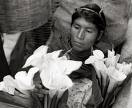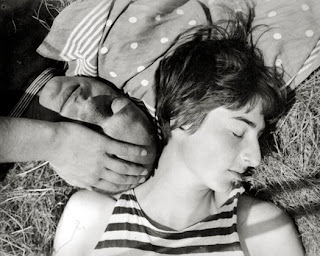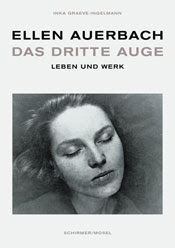 Yesterday a writer with whom I’ve corresponded occasionally ended his email by wishing me best of luck for my writing. Perhaps this is just a polite American formula – it’s been said to me before – similar to ‘have a good day’, but I who labour and labour over every sentence, even the simplest ones, even the most banal, often for hours at a time, I am always a bit puzzled by what luck has to do with anything.
Yesterday a writer with whom I’ve corresponded occasionally ended his email by wishing me best of luck for my writing. Perhaps this is just a polite American formula – it’s been said to me before – similar to ‘have a good day’, but I who labour and labour over every sentence, even the simplest ones, even the most banal, often for hours at a time, I am always a bit puzzled by what luck has to do with anything.
While in Cologne yesterday I decided to chase up a particular book, discovered that a favourite bookshop (armchairs and reading desks!) had been ingested into an appallingly sterile chain, and on a whim – rather tiredly at this point – went up into the tiny Käthe Kollwitz Museum, which shares the same building and which I’ve never managed to visit despite good intentions. There’s always another time, has been my usual excuse. My feet and head tend to ache after only a few hours in a big city. (And should I mention that glass lifts scare me?)
 I expected Kollwitz. I got photographer Ellen Auerbach (1906-2004) as well, who was long forgotten, then upon her death underrated and even dismissed almost disdainfully. What might she have achieved, some critics seem to feel, had she not been forced to abandon her partnership with Grete Stern (twice, in fact) and not moved, as an exile, from Germany to Palestine to London to the competitive US in the 1930s?
I expected Kollwitz. I got photographer Ellen Auerbach (1906-2004) as well, who was long forgotten, then upon her death underrated and even dismissed almost disdainfully. What might she have achieved, some critics seem to feel, had she not been forced to abandon her partnership with Grete Stern (twice, in fact) and not moved, as an exile, from Germany to Palestine to London to the competitive US in the 1930s?
Ninety-odd photos from an archive of more than 5000 in the Akademie der Künste Berlin held me in fascination for most of the afternoon – beautifully expressive, often richly textured – but what I may remember even more vividly is the hour-long film portrait of her, made in 1992 by Antonia Lerch.
‘You think that you choose the subject … and then you discover that something else plays a role, another force in yourself, which decides how and where and when you photograph something.’
That at 86, living in what appears to be a humble flat, Auerbach could show such vitality, such understanding of her work and her often restless life, including the decision to give up photography in her late fifties (I’m paraphrasing, not having taken notes: there comes a time when an artist has done what she is meant to do), is both challenge and consolation. I share something of her uprootedness. I work in obscurity. I’m approaching the age at which Auerbach became an educational therapist. Whether I will continue to write is uncertain, but yes, there was certainly an element of luck in my discovery of this remarkable woman.
‘The many moves and changes in my life, all the new beginnings, are for me now, at the end of my life, expression of a search for something else. Something which lies beyond things …’
More early photos here.




Yes, not just her intelligence and her brilliant ‘third eye’, as she called it, but her dignity, her grace, her courage…
Thankyou L for shining a light on this brilliant woman. her photographs seem so fresh, so contemporary.
PS get a weather eye on the post, Yi sent you a copy of his album.